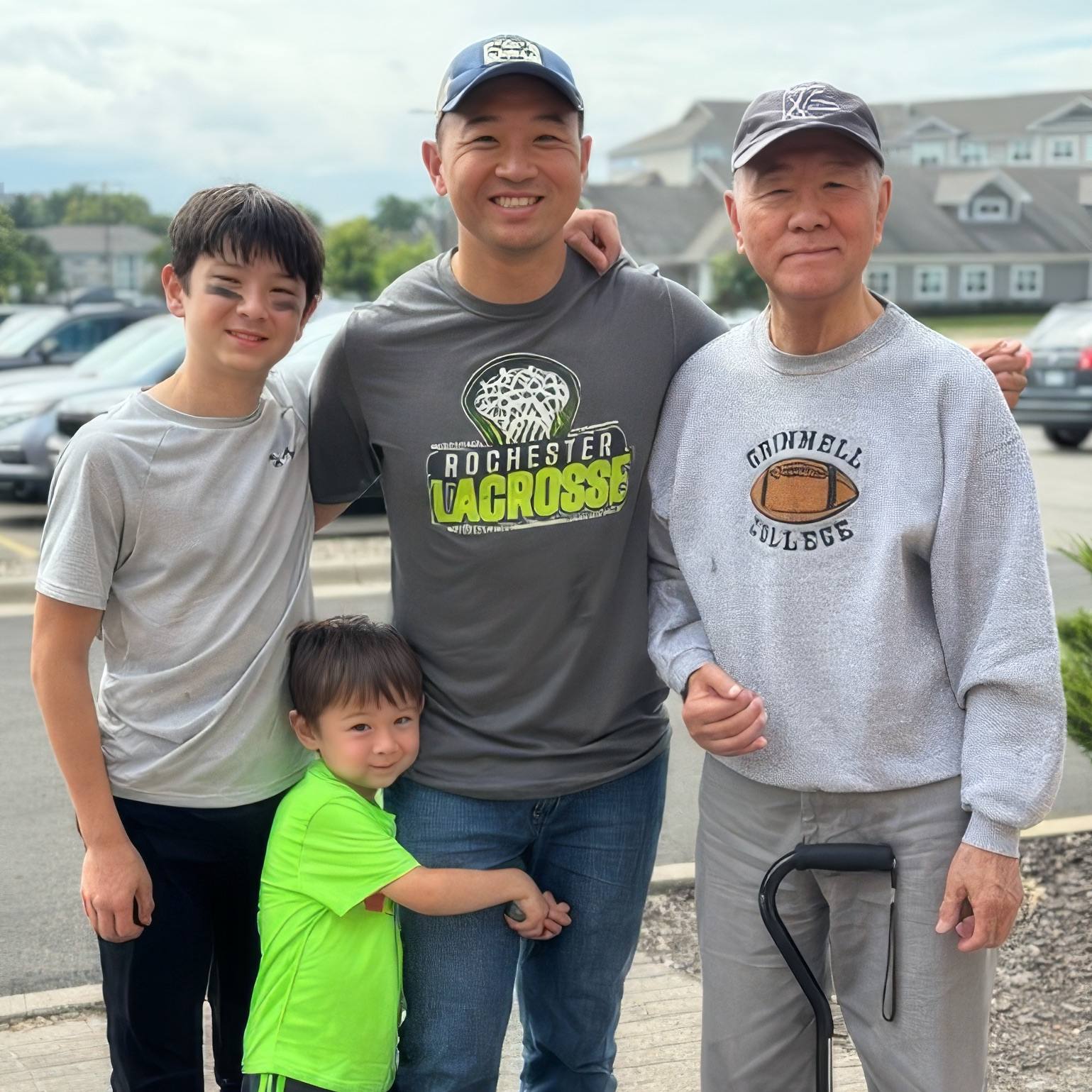About 1 in 500 people have hypertrophic cardiomyopathy (HCM). It's a condition where the heart muscle becomes abnormally thick. HCM is one of the most common causes of sudden death among young athletes and otherwise healthy adults.
Recently, the American Heart Association and the American College of Cardiology released new guidelines.
Dr. Steve Ommen, medical director of the Mayo Clinic Hypertrophic Cardiomyopathy Clinic and chair of the guideline's writing committee, says with exercise and proper medication management, patients can return to their normal daily routines.
Journalists: Broadcast-quality video (0:59) is in the downloads at the end of this post. Please courtesy: "Mayo Clinic News Network." Read the script.
In the past, athletes and other patients with hypertrophic cardiomyopathy were told to sit on the sidelines. But it may be time to get back into the game.
"Hypertrophic cardiomyopathy should not be an automatic disqualification from pursuing sports," says Dr. Ommen.
He says patients with HCM might benefit from being active.
"Our current recommendations are that patients with hypertrophic cardiomyopathy participate in low to moderate intensity exercise as part of a healthy lifestyle, and that it's reasonable for them to do more vigorous activities as well," says Dr. Ommen.

A new class of medications is on the roster, giving patients more options to manage their disease.
"Usually, there's some simple medications the patient may try first, and then if that's not effective, then they will have an option of this medication, an older medication called disopyramide; an operation called
surgical myectomy; or a catheter-based solution, alcohol septal ablation," explains Dr. Ommen.
It's a good idea to check with your healthcare team before making changes to medications or daily routines.
Hypertrophic cardiomyopathy symptoms include:
- Chest pain, especially while exercising.
- Fainting during or after physical activity.
- Shortness of breath during exercise.
- Heart palpitations or rapid heartbeats.
Related posts







